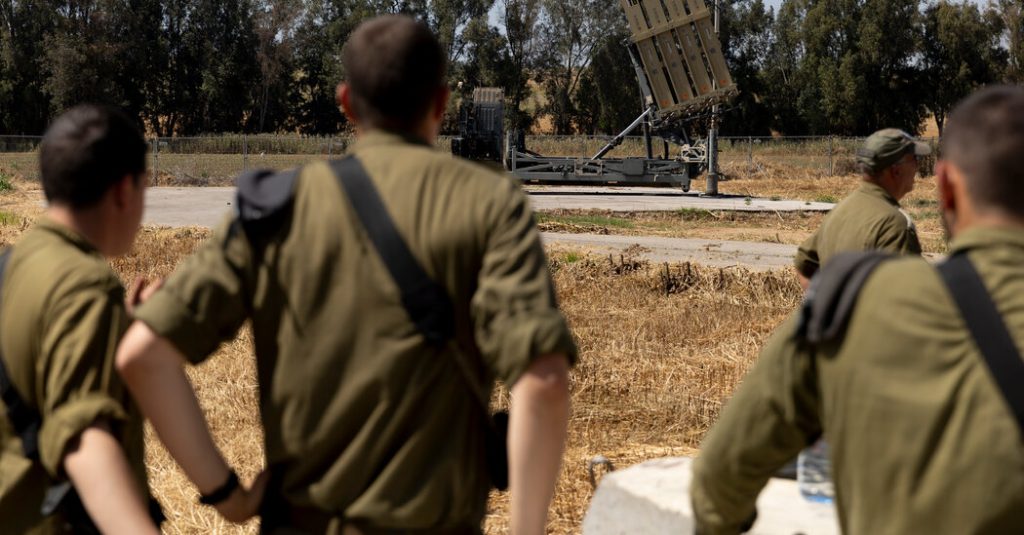Israel expressed gratitude for the U.S. aid package signed by President Biden, which includes about $15 billion in military aid to Israel. This aid aims to enhance Israel’s defense systems, replenish key equipment, and bolster American military operations in the Middle East. The aid bill was signed amidst ongoing tensions in the region, including Israel’s plans to invade Gaza and concerns about civilian casualties.
The aid package also includes $1 billion in additional humanitarian aid for civilians in Gaza, as the World Food Program warned of an impending famine due to widespread hunger and malnutrition. A significant portion of the population in Gaza is facing catastrophic levels of hunger, including severe malnutrition among children. The lack of clean water and intense heat have further exacerbated the suffering of civilians in Gaza, particularly those sheltering in makeshift tents under the blazing sun.
Despite the humanitarian crisis, the aid package does not allocate funds to UNRWA, the main U.N. agency providing aid to Palestinians in Gaza. The United States suspended contributions to UNRWA over allegations of involvement in attacks on Israel, leading to strained relations between the U.S. and Israel. An independent review commissioned by the U.N. found no evidence to support these allegations and recommended measures to protect UNRWA’s neutrality and enhance staff training.
Germany, a close ally of Israel, announced that it would resume funding for UNRWA after a three-month suspension. This decision may further strain relations between Germany and Israel due to differing perspectives on the conflict in Gaza. Despite calls to restrict or halt arms shipments to Israel, the Biden administration continues to provide military support without conditions. The State Department is assessing potential action against an Israeli military unit accused of human rights abuses.
The U.S. aid package underscores the strong alliance between the U.S. and Israel, with a focus on enhancing Israel’s defense capabilities in the face of regional threats. The aid aims to address immediate humanitarian needs in Gaza while also supporting Israel’s military operations against groups like Hezbollah in Lebanon and Hamas in Gaza, which are backed by Iran. The Biden administration is committed to ensuring Israel has the necessary resources to defend itself against threats from Iran and terrorist groups.
As the aid package is implemented, the focus will be on ensuring that the aid reaches those in need in Gaza, particularly amidst concerns of a looming famine and widespread malnutrition. The complex dynamics of the conflict in the region, including tensions over military actions, aid distribution, and allegations of human rights abuses, highlight the challenges of providing humanitarian assistance in areas of conflict. Ultimately, the aid package reflects ongoing efforts to navigate these challenges and support stability and security in the Middle East.


